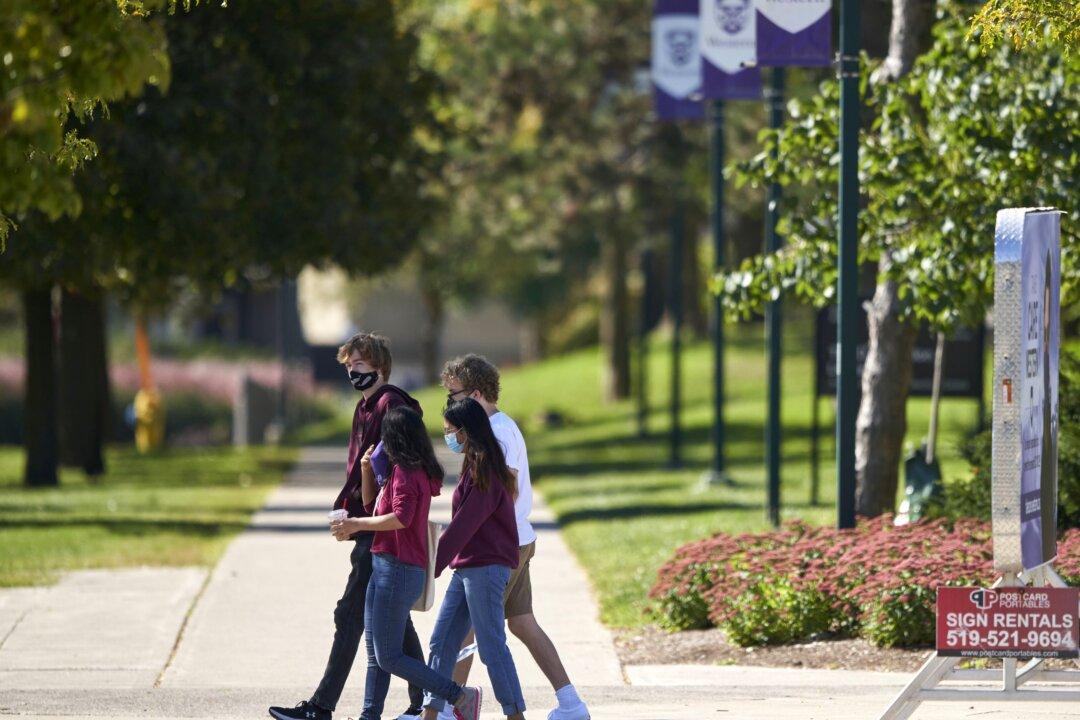News Analysis
Student groups at several Canadian universities are continuing to call for more robust social justice policies, but critics say that this approach clashes with the need for academic freedom and free inquiry on campus.

Student groups at several Canadian universities are continuing to call for more robust social justice policies, but critics say that this approach clashes with the need for academic freedom and free inquiry on campus.